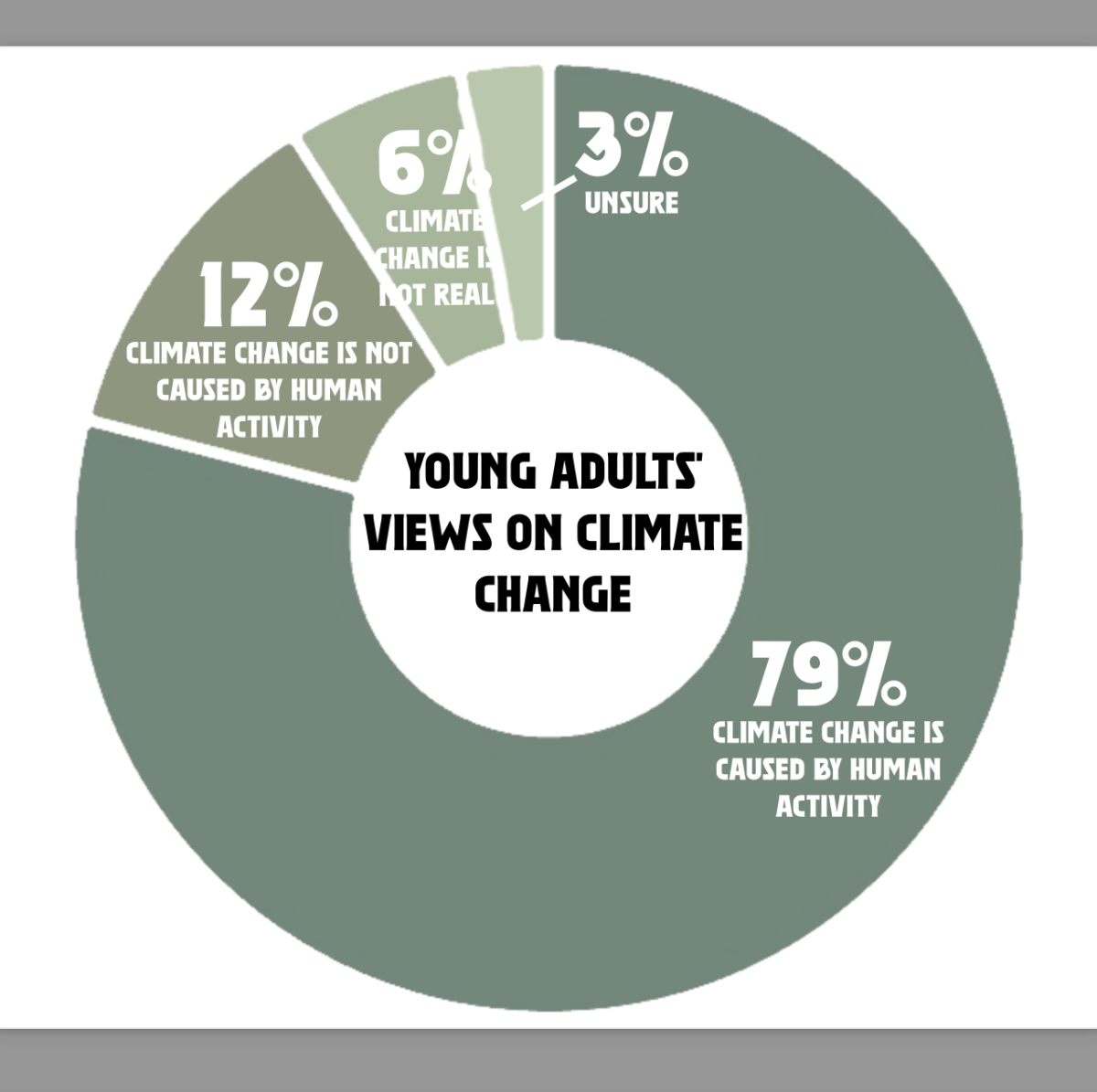Cars are the backbone of American society. Even living near the Glen, getting from my house to school is a 45 minute walk. This heavy reliance on automated vehicles spans vastly throughout the U.S. with 92 percent of households owning a vehicle in 2022, Forbes magazine reported. One of the main issues from America’s reliance on cars is that it is the largest contributor to greenhouse gas emissions in America, the United States Environmental Protection Agency said.
This issue is not something that can get fixed overnight; however, the President Joe Biden’s administration is attempting
to do just that. Under new regulations, Biden hopes that 56 percent of total U.S. car sales will become electric by 2030, a far cry from the current numbers.
Electric vehicles seem like the right answer.
Primary electric vehicle manufacturers such as Tesla have captured the public’s attention with statements committing the company to eco-friendliness and creating a world less reliant on fossil fuels.
And, why wouldn’t they be popular with the public? After all, they produce less than half the amount of carbon emissions
than their gas counterparts, and their battery powered operating system means significantly less waste too.
Compared to the over 7,000 gallons of oil that a gas car uses in its lifetime, the single lithium powered battery it takes to power an EV creates no competition.
Even though the EV’s seem to only have up-sides, many major car companies have only begun to roll back on their production. Companies like Ford, General Motors, Volkswagen, and others have not come close to reaching their projected sales in electric vehicles.
There are a multitude of reasons for why American consumers aren’t interested in electric vehicles, but one of the largest is charging stations. Those in the market for a new car are often deterred from electric vehicles for fear of them running
out of battery due to the inaccessibility to the charging stations.
But, until there is a solution, Biden’s plan of rapid EV integration is aiming to reduce more than seven billion tons of emissions over the next 30 years, creating an impressive leap of sustainability coming from the U.S., where carbon dioxide emissions have historically been among the highest in the world.
So, for now, stick to the electric vehicle. Although electric cars are not the end of the road when it comes to creating a greener future, they are undoubtedly the part of the ignition to a world not reliant on fossil fuels.











